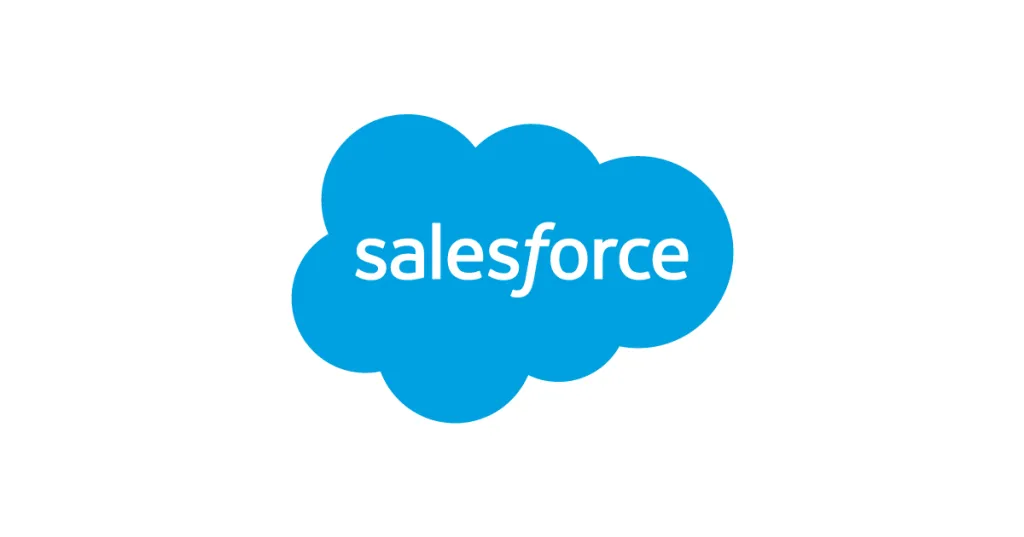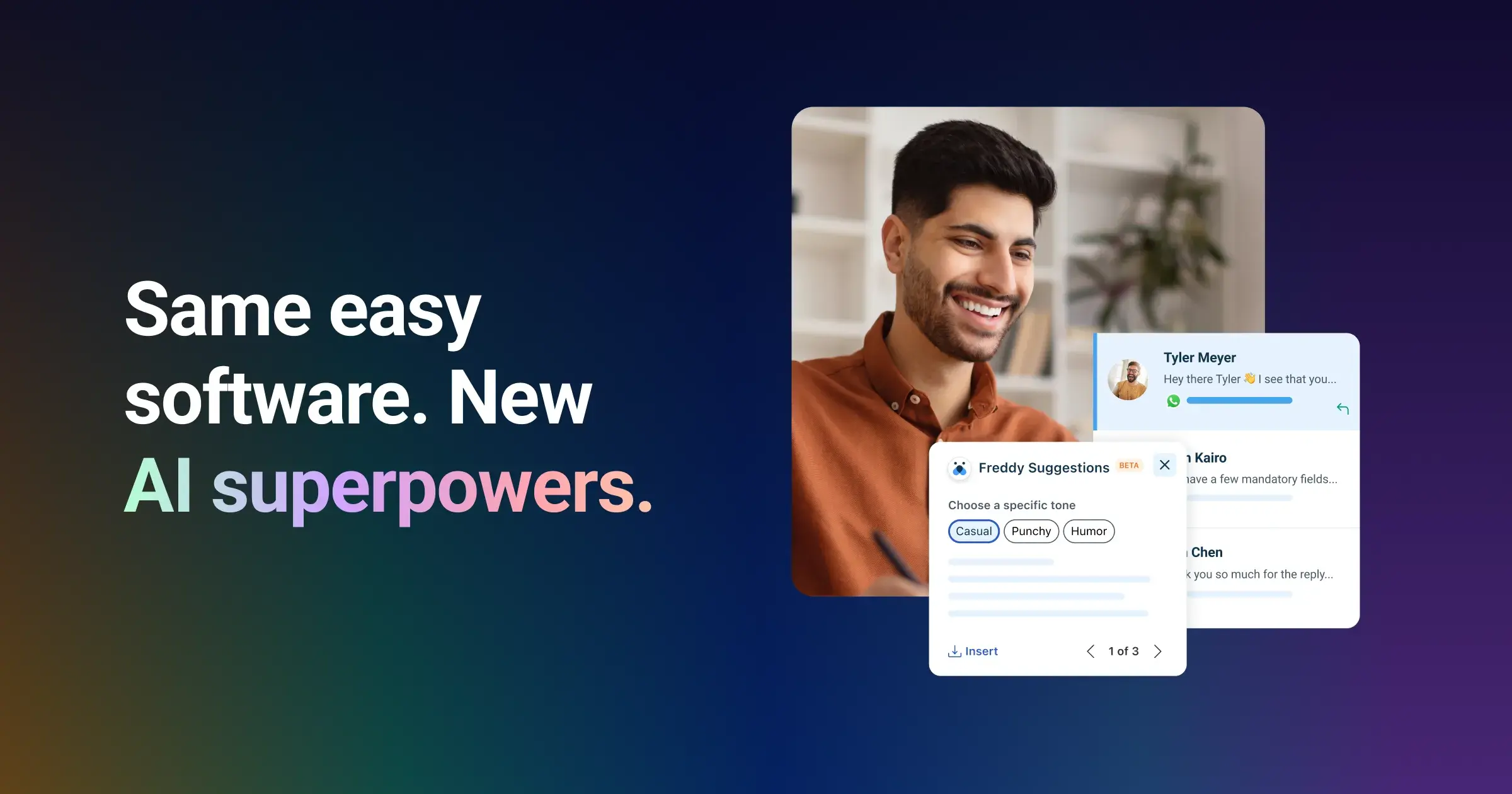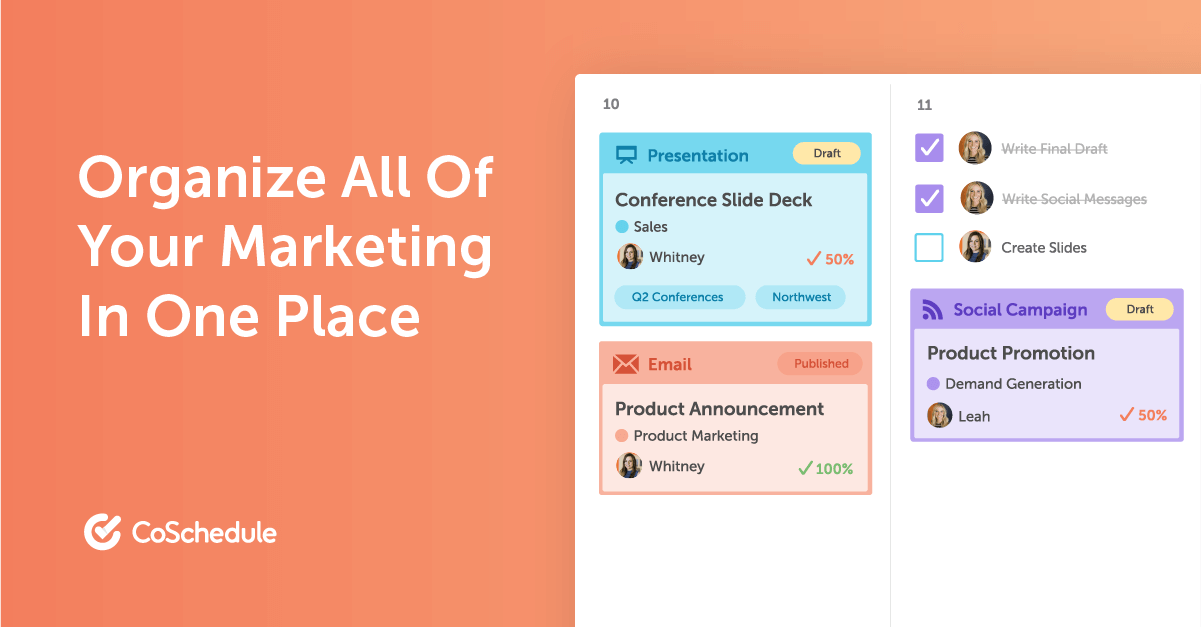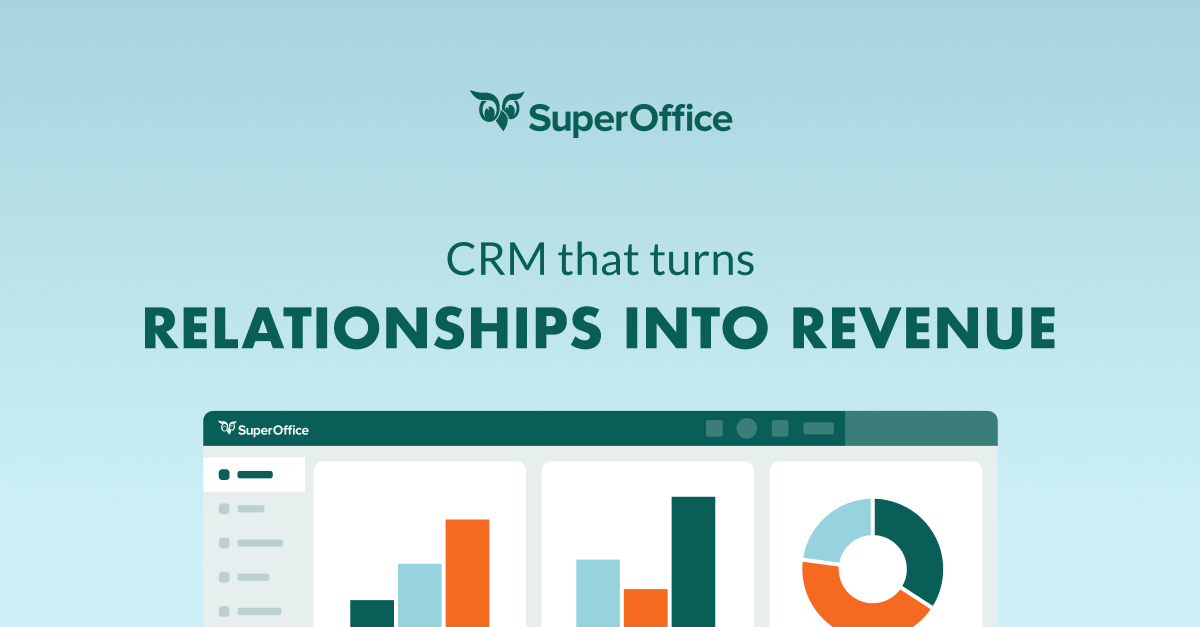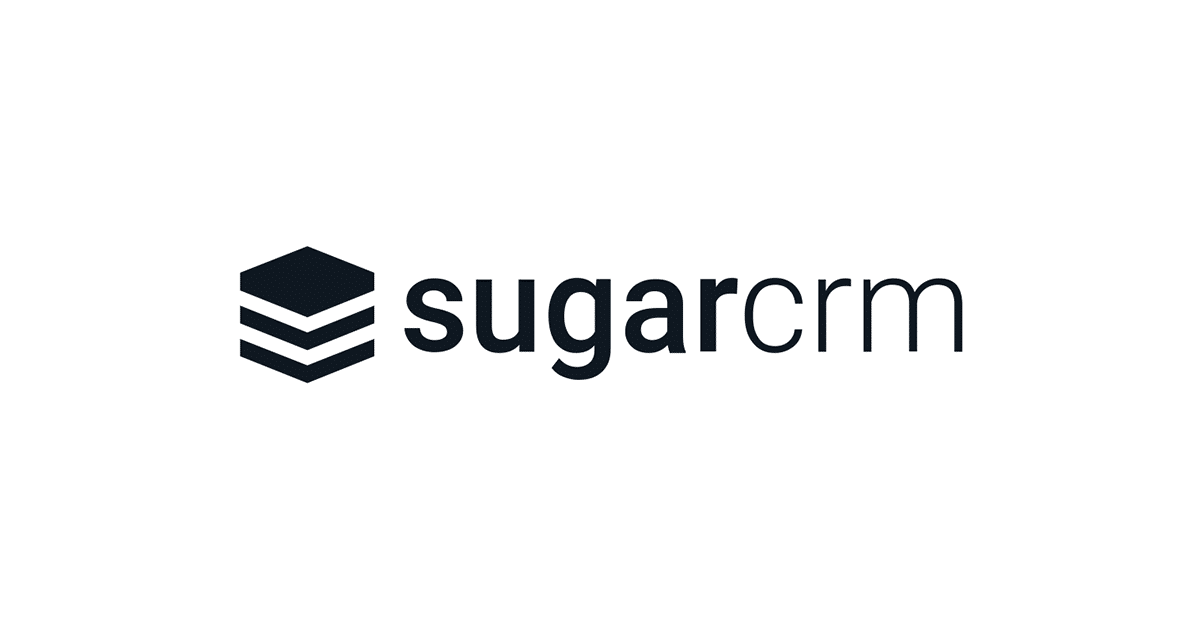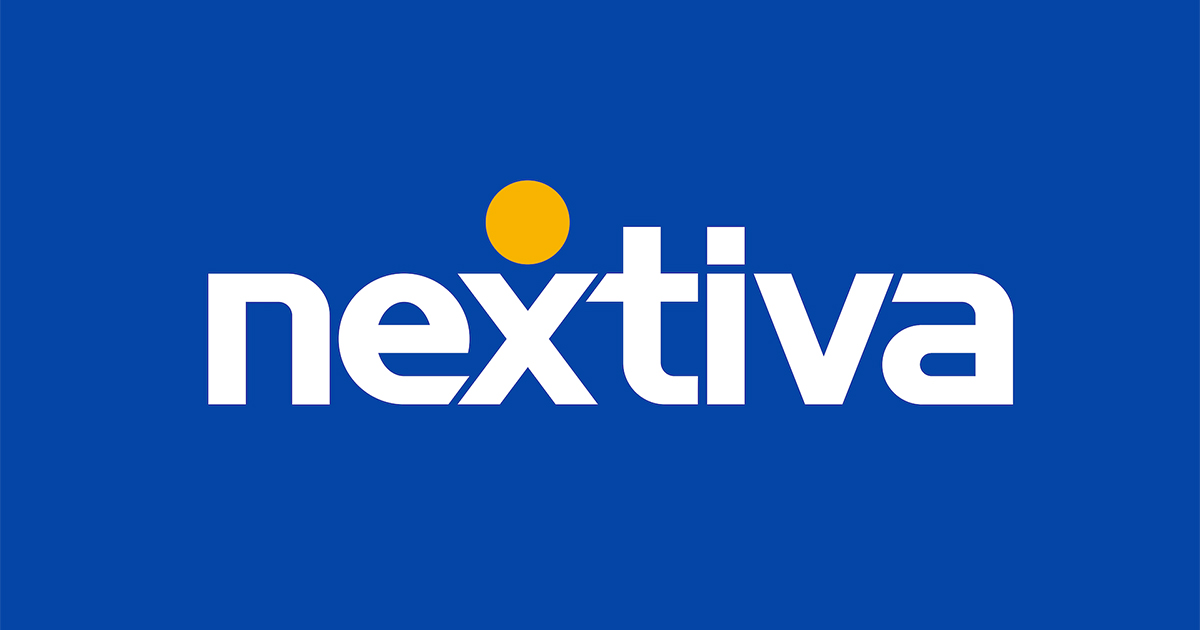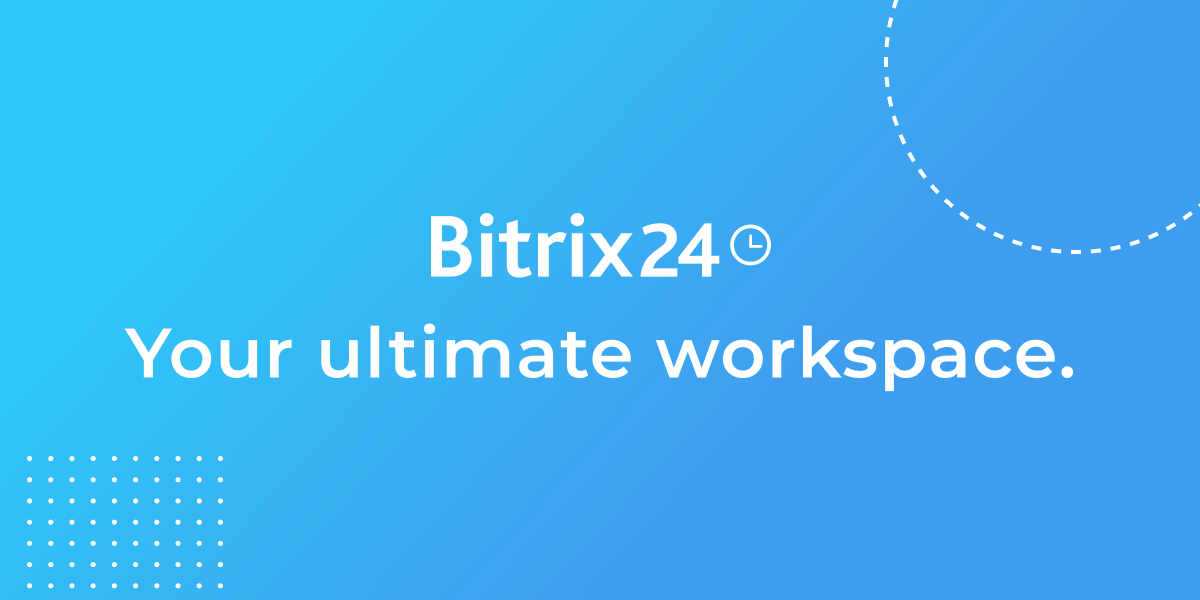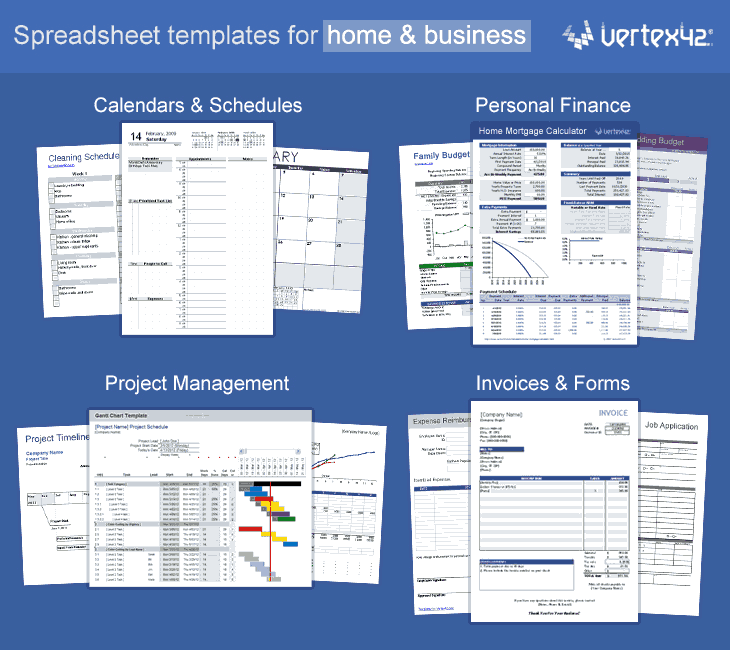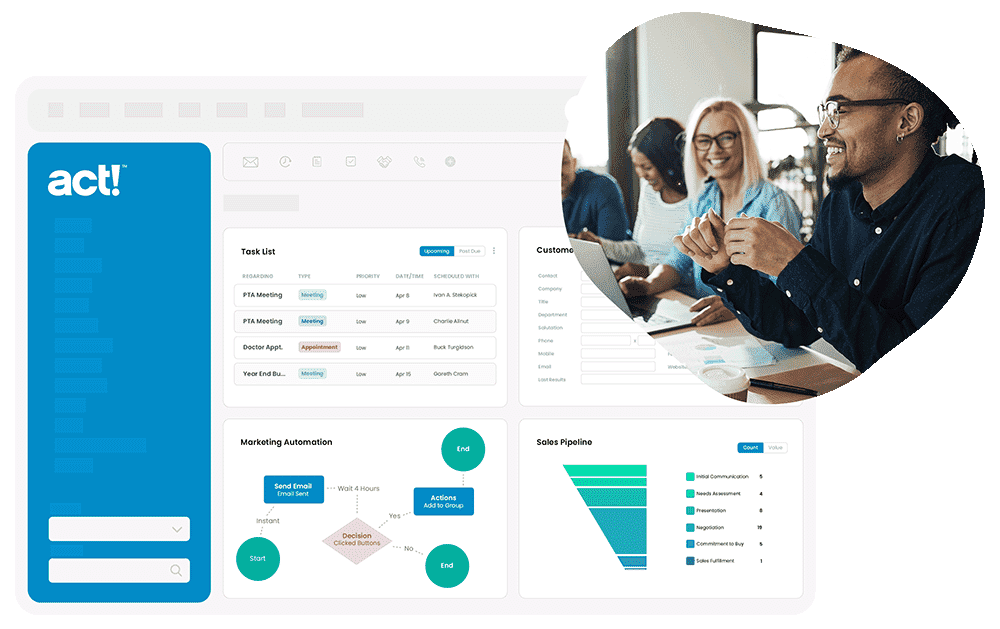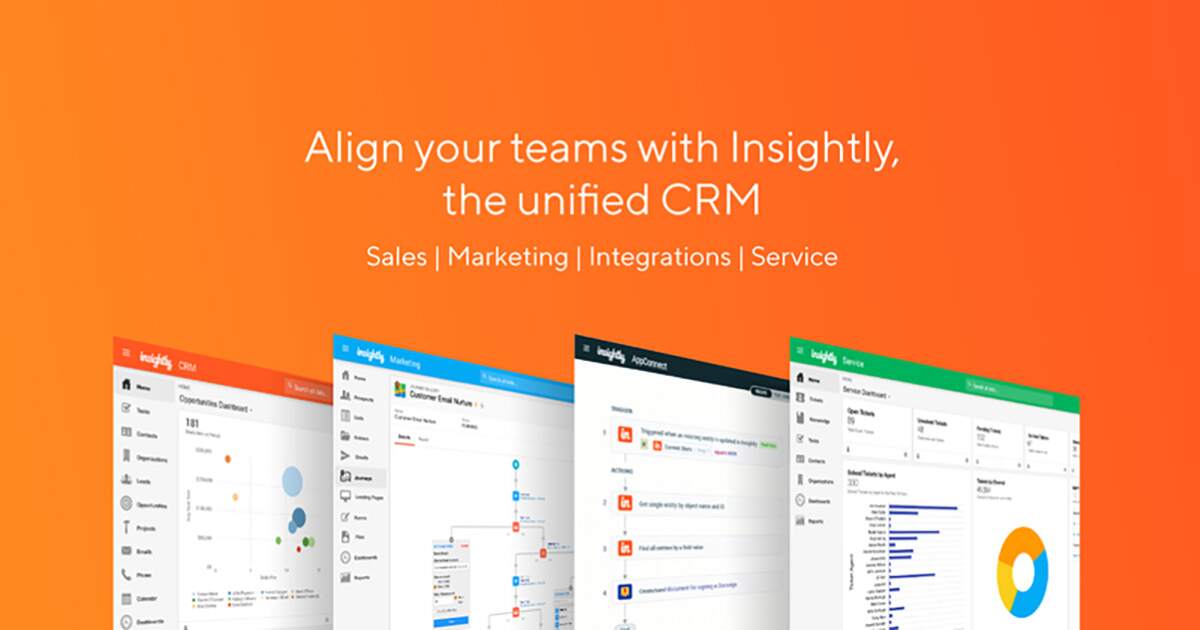Introduction
Customer relationship management (CRM) software has become essential for businesses of all sizes looking to streamline marketing, sales, and customer service processes. By centralizing customer data and automating workflows, a quality CRM solution can help boost productivity, drive more revenue, and improve the customer experience. With so many options on the market, choosing the right CRM platform can be daunting. This guide evaluates the top 15 CRM software solutions based on critical factors like functionality, pricing, ease of use, support, and industry reputation to identify the best options for 2023.
Methods of Evaluation
To objectively rank the leading CRM solutions, we evaluated each platform based on the following conventional criteria: features and functionality, pricing and plans, ease of use, support availability, and reviews from expert analysts, media outlets and customer testimonials. We also factored in less traditional metrics like number of backlinks, organic traffic and keyword search trends to gauge popularity and online presence. This multi-faceted evaluation approach helped surface the most full-featured, cost-effective and highly rated CRM software for a variety of business needs.
1. Zendesk
Zendesk is a leading customer service software that helps companies deliver exceptional customer experiences. Founded in 2007, Zendesk currently serves over 200,000 customer-centric brands worldwide across various industries. The Zendesk customer service platform allows businesses to understand their customers better and provide support through different channels like phone, email, live chat, messaging, and social media.
Pros: Some key advantages of the Zendesk customer service platform include:
– Robust customer service platform that allows handling of support through different channels.
– Extensive integrations that enable businesses to use their favorite business tools together with Zendesk.
– Flexible pricing that scales according to the needs of businesses of all sizes.
Cons: One potential disadvantage is that the premium pricing tiers of Zendesk could be expensive for very small businesses with limited support needs and team sizes.
Pricing: Zendesk offers three main pricing tiers – Standard, Premium, and Enterprise. Pricing starts from $15/agent/month for the Standard tier and goes up based on additional features, support channels, and customization needs.
Some key stats about Zendesk include:
– Over 200,000 paid customer accounts worldwide
– Available in over 30 languages
– Supports over 40 integrations including Salesforce, Shopify, Slack, Zoom, and more
2. Salesforce
Salesforce is the dominant leader in customer relationship management (CRM) software. Founded in 1999, Salesforce has been innovating in the CRM space for over 20 years. With its headquarters in San Francisco, it has become the largest CRM provider in the world.
Pros: Some key advantages of Salesforce include: – Widely used CRM with massive ecosystem of partners and consultants for support – Continuously innovating with regular feature releases both large and small – Flexible platform that can be customized for any business process or industry – Integrates well with other tools and platforms like Slack, Microsoft, Google etc.
Cons: One of the main disadvantages is the cost as it is an enterprise-level solution priced accordingly. The basic versions may not have all the required features for some organizations.
Pricing: Salesforce offers various pricing plans tailored for organizations of different sizes. The basic plans start from $25 per user per month while enterprise-level packages can cost thousands per month based on custom requirements and volume of usage.
Some key stats about Salesforce include: – Over 150,000 customers in Industries like Financial Services, Healthcare, Retail, Manufacturing etc. – Processed over $450 billion in sales in 2021 – Employs over 70,000 employees globally – Has acquired over 70 companies to enhance its product offerings
3. SAP C/4HANA
SAP C/4HANA is an integrated customer experience and customer data platform from SAP. As one of the top CRM software providers, SAP C/4HANA leverages over 40 years of experience in developing enterprise software solutions and aims to provide organizations with a unified view of customers.
Pros: Some key advantages of SAP C/4HANA include:
– Integrated customer data and experiences across sales, marketing, commerce and service channels
– Flexible and customizable to meet the needs of large, complex enterprises
– Continuous updates and new features delivered regularly
– Robust reporting and analytics for customer insights
Cons: A potential disadvantage is the high implementation and licensing costs which can make it unsuitable for smaller businesses on tighter budgets.
Pricing: Pricing for SAP C/4HANA depends on factors like the number of users, modules, customizations required etc. It is usually priced on a per-user per-month model, with professional services, support and maintenance fees additional. Based on its positioning as an enterprise solution, total costs can run into hundreds of thousands or millions of dollars for larger deployments.
Some key stats about SAP C/4HANA include:
– Used by over 400,000 customers worldwide
– Integrates data from over 50 commonly used sales, marketing and commerce systems
– Available on-premise or in the cloud on SAP Business Technology Platform
– Over 10,000 pre-built integrations with other applications
4. Freshworks
Freshworks provides an all-in-one customer relationship management (CRM) software solution known as Freshsales. As an AI-powered CRM, Freshsales aims to help businesses manage leads, contacts, opportunities, deals and more through an intuitive user interface focused on streamlining workflows.
Pros: Some key advantages of Freshsales CRM include:
– All-in-one suite of products for sales, support and marketing in a single platform
– Intuitive and easy to use interface focused on streamlining workflows for reps
– Good for fast growing small businesses as well as large enterprises
– Robust API and customization options through their app marketplace
Cons: One potential disadvantage is the pricing, as the custom/enterprise plans can become quite expensive for larger teams or as additional users/modules are added. However, they do offer a generous free trial and more affordable starter plans for smaller businesses.
Pricing: Freshsales offers several pricing tiers including:
– Freemium – Free forever for up to 3 users
– Freshplan – Starts at $15/user/month for teams of 3-9 users
– Freshplan Pro – Starts at $25/user/month for advanced features
– Custom/Enterprise plans also available for larger businesses
Some key stats about Freshsales CRM include:
– Used by over 50,000 companies worldwide
– Integrates with over 200 applications including Gmail, Slack, Hubspot and more
– Real-time collaboration features allow teams to work together seamlessly
– AI capabilities like lead scoring and automated notifications
5. Marketo
Marketo is a leading B2B marketing automation software developed by Adobe. Founded in 2006, Marketo helps marketers manage leads, automate marketing campaigns, and measure results across channels from one integrated platform.
Pros: Some key advantages of Marketo include:
– Powerful platform for automation and data-driven campaigns
– Strong analytics and attribution capabilities
– Wide ecosystem of third-party integrations
– Intuitive UI and feature-rich functionality for marketers
Cons: One potential disadvantage is that Marketo is priced on the higher end of marketing automation software and may not be suitable for small businesses or startups on tight budgets.
Pricing: Marketo offers several pricing tiers starting from Essentials ($3,000/month) up to Enterprise ($25,000/month) based on number of users, seats, and additional functionality. Custom pricing is also available.
Some key stats about Marketo include:
– Used by more than 2,700 enterprise companies globally
– Processes over 1 billion marketing interactions per month
– Integrates with over 200 apps including Salesforce, Microsoft Dynamics, and Oracle
– Named a leader in the 2021 Gartner Magic Quadrant for CRM Lead Management report
6. CoSchedule
CoSchedule is a leading content calendar and social media management platform that helps marketers organize their work. Founded in 2011 and headquartered in Columbia, MO, CoSchedule has quickly grown to support more than 8,000 customers worldwide including brands like Microsoft, BMW, and Cartoon Network. Their all-in-one platform allows teams of all sizes to plan, create, distribute and analyze marketing content from one centralized location.
Pros: Some key advantages of CoSchedule include:
– Intuitive content calendar for planning and publishing assets across social channels
– Built-in workflow and approval system to manage asset production and distribution
– Centralized library to store and access all visual assets in one place
– Detailed analytics and reporting on campaign and content performance
Cons: One potential disadvantage is that the pricing may be too expensive for very small businesses or solopreneurs with limited marketing budgets.
Pricing: CoSchedule offers three pricing tiers:
– Basic Plan: $79/month billed annually
– Plus Plan: $149/month billed annually
– Pro Plan: $249/month billed annually
All plans include unlimited users, HD video posting and calendar views. The higher tiers provide additional features like automated social posting and approvals.
Some key stats about CoSchedule include:
– Supports over 8,000 customers globally
– Integrates with over 100+ apps including WordPress, Monday.com, Hubspot and more
– Has a user base of over 250,000 marketers
– Named a leader in both the G2 content marketing hub and social media management categories
7. Pipedrive
Pipedrive is a leading sales CRM software focused on pipeline management and forecasting. Founded in 2010, Pipedrive has helped over 90,000 customers in more than 150 countries grow their businesses. The company is headquartered in Estonia with offices worldwide.
Pros: Some key advantages of Pipedrive include:
– Intuitive pipeline & forecasting tools to track deals
– Simple & smooth user interface that’s easy to use
– Robust features for activities, emails & calendar integration
– Affordable pricing starting from $12/user per month
Cons: A potential disadvantage is that it may not be as full-featured as some more expensive CRM options. The free version also has some limited functionality.
Pricing: Pipedrive offers four pricing tiers:
– Free plan (limited features)
– Essentials ($12/user/month billed annually)
– Professional ($24/user/month billed annually)
– Advanced ($36/user/month billed annually)
Some key stats about Pipedrive include:
– Used by over 90,000 customers globally
– Available in over 30 languages
– Over 1 million users
– named a leader in the Forrester WaveTM: Sales Force Automation, Q3 2020 report
8. SuperOffice CRM
SuperOffice CRM is a cloud-based CRM solution developed by SuperOffice. Founded in Oslo, Norway in 1992, SuperOffice provides customer relationship management (CRM) software designed to help users build strong relationships with customers and turn them into revenue.
Pros: Some key advantages of SuperOffice CRM include:
– Strong focus on project management and tracking project pipelines from lead to opportunity.
– Highly customizable workflows to automate business processes.
– Intuitive dashboards and reporting for insights into business performance.
– Mobile app for access on the go from any device.
– Collaboration tools like activity streams and calendars.
– Robust customization capabilities through its programming interface.
Cons: One potential disadvantage is the pricing which starts from $49 per user per month for the basic package and can go up based on number of users and required features.
Pricing: SuperOffice CRM pricing starts from $49 per user per month for the Essentials package. The Professional package is priced at $79 per user per month. Enterprise packages are customized based on business requirements. Additional users can be added anytime with flexible monthly plans. Integration and support services are also offered separately.
Some key stats about SuperOffice CRM include:
– Used by over 20,000 businesses globally across various industries
– Available in over 20 languages
– Integrations with over 100 apps including Microsoft Office, Google Workspace, etc.
– Hosted on Amazon Web Services ensuring security, reliability and scalability.
9. SugarCRM
SugarCRM is an open source customer relationship management (CRM) software that helps businesses manage contacts, track opportunities and activities, and build lasting customer relationships. Founded in 2004, SugarCRM is headquartered in Cupertino, California and offers flexible CRM solutions for organizations of all sizes.
Pros: Some key advantages of SugarCRM include:
– Highly customizable to meet unique business needs through an open API
– Affordable pricing plans starting at $45/user per month for the Professional edition
– Industry-specific editions available out of the box for a vertical-focused experience
– Mobile apps for iOS and Android to access CRM on the go
Cons: A potential disadvantage is that the learning curve may be steeper compared to some other CRM tools since it is fully customizable.
Pricing: SugarCRM offers several pricing tiers:
– Professional Edition: $45/user per month
– Enterprise Edition: Custom pricing
– Industry Editions: Starting at $75/user per month
Some key stats about SugarCRM include:
– Used by over 3 million users worldwide
– Available in over 30 languages
– Industry-specific editions for manufacturing, professional services, and more
– 23+ years of experience in the CRM market
10. Nextiva
Nextiva is a cloud-based business communications platform that offers unified communications and collaboration (UCC) tools to help businesses communicate effectively. Founded in 2006 and based in Scottsdale, Arizona, Nextiva offers a complete integrated solution that includes phone systems, team messaging, video conferencing and CRM functionality in one platform.
Pros: Some of the main advantages of Nextiva include:
– All-in-one cloud phone system and CRM functionality to streamline communications and workflow.
– Robust call tracking and lead routing capabilities to improve sales productivity.
– Affordable pricing plans tailored to business needs whether they have 5 employees or 500.
Cons: One potential disadvantage is that the platform relies exclusively on cloud-based software so an internet connection is required at all times to use features like phone calls.
Pricing: Nextiva offers flexible monthly plans starting from $20 per user per month. Pricing scales based on the number of users and features required such as phone lines, call center functionality, CRM tools and support options.
Some key stats about Nextiva include:
– Over 100,000 businesses worldwide trust Nextiva as their communication platform.
– Nextiva is rated 4.7/5 stars on G2 based on over 1,000 reviews from real users.
– The platform features multi-device support so employees can use the same number across desktop, mobile and softphone.
11. Bitrix24
Bitrix24 is an all-in-one free online workspace for businesses of any size. It contains a CRM, tasks management, website builder, online meetings and video conferencing, messenger and more within a single platform.
Pros: Some key advantages of Bitrix24 include:
– All-in-one platform that combines CRM, tasks, projects, online meetings and more for seamless team collaboration
– Highly customizable and extensive integration options via Zapier and own API
– Good CRM features like contacts, deals, invoices for price of basic plan
– Robust feature set even on free plan
Cons: One potential disadvantage is the learning curve to customize and master all the features in the platform since it aims to be a ‘one stop shop’ for business software needs.
Pricing: Bitrix24 offers 3 pricing tiers – Free, Standard ($15/user/month) and Premium ($25/user/month). The free plan includes good core functionality but upgrades unlock additional features, storage and support.
Some key stats about Bitrix24 include:
– Used by over 5 million users worldwide
– Available in over 35 languages
– Integrations with over 500 apps including Slack, Dropbox, Zapier and more
– Award winning customer support
– Over 20 years of experience in business software
12. Nylas
Nylas is an API developer platform that allows developers to build integrations and applications with email, calendar, and contacts data. Founded in 2012, Nylas provides communication APIs that can retrieve, manipulate, and sync data from services like Gmail, Office 365, Yahoo, and more.
Pros: Some key advantages of the Nylas platform include:
– Robust API platform for building CRM integrations
– Strong capabilities for email integration and processing
– Developer-friendly platform that is well-documented and easy to use
Cons: One potential disadvantage is that the free developer plan has limited capabilities, so the paid tiers may be required for full feature functionality in productions apps and integrations.
Pricing: Nylas offers a free developer plan as well as paid monthly and annual subscription tiers starting at $99/month for up to 10 users.
Some key stats about Nylas include:
– Processes over 2 billion messages per month
– Used by over 5,000 developers and supported in 35+ languages
– Secures access to calendars and contacts alongside email for major providers
13. Vertex42
Vertex42 provides a feature-rich CRM specifically tailored for professional services firms. Their CRM software allows users to efficiently manage clients, opportunities, and projects. It comes with customizable templates for proposals, contracts, and other key documents used in professional services.
Pros: Some key advantages of Vertex42 CRM include:
– Feature-rich CRM tailored for professional services
– Customizable templates, proposals and contracts
– Single and scalable pricing options for firms of all sizes
– Intuitive dashboard and layout tailored for services businesses
Cons: One potential disadvantage is that the pricing may be too expensive for some very small professional services businesses.
Pricing: Vertex42 CRM pricing starts at $49 per user per month for the basic plan including 5GB of storage. Additional usage and team plans are available.
Some key stats about Vertex42 CRM include:
– Used by over 500,000 users worldwide
– Integrates with popular apps like Microsoft 365, QuickBooks, and Dropbox
– Features custom object and field creation capabilities to model unique business processes
– Mobile app allows access from iOS and Android devices
14. Act!
Act! is a CRM and marketing automation software created by Sage to help businesses organize contacts, track opportunities, automate marketing campaigns and more. Act! has been a leading contact manager solution for over 30 years, helping small businesses and sales teams improve their customer relationships.
Pros: Some key advantages of Act! include:
– Traditional and familiar interface well-suited for sales and marketing teams
– Robust pipeline monitoring and forecasting tools to track deal progress
– Automated workflows to streamline follow-ups and reminders
– Integrated email marketing and campaign creation for targeted lead nurturing
Cons: The main potential downside of Act! is that the interface, while familiar for sales teams, may not be as intuitively designed as newer CRM platforms. Some advanced automations also require coding knowledge.
Pricing: Act! offers flexible pricing plans starting from $49 per user per month for the base Professional plan, up to $99 per user for the top Premium plan. Volume discounts are available for teams of 10 or more users.
Some key facts about Act! include:
– Used by over 500,000 customers worldwide
– Integrations with over 100 apps including Microsoft, Slack, QuickBooks and more
– Supports up to 25 users on one license
– Features built-in email marketing, calendar and task automation
15. Insightly
Insightly is a CRM software created for small to medium-sized businesses. Founded in 2005, Insightly provides an affordable CRM solution with many helpful features to build lasting customer relationships. Their modern and intuitive platform allows teams to efficiently manage contacts, leads, opportunities, quotes, invoicing and more from anywhere.
Pros: Some key advantages of Insightly include: Intuitive to use interface that requires little training for smaller teams, good mobile capabilities through their iOS and Android apps, affordable pricing with useful features typically found in more expensive CRMs.
Cons: A potential disadvantage is that it may lack some more advanced functionality found in higher priced CRMs once a business grows beyond around 20 staff members.
Pricing: Insightly offers various pricing tiers to suit different team sizes and budgets starting from a free Basic plan for up to 3 users. Their Professional plan costs $25/user/month for teams of up to 20 users while their Enterprise plan is customized for larger organizations.
Some key stats about Insightly include: Used by over 90,000 customers globally, available in over 30 languages, integrates with over 200 apps through their API, and supports teams of up to 20 users on their basic plan.
Conclusion
By leveraging both conventional and non-traditional evaluation methods, this guide aims to present an unbiased overview of the top CRM software available. Whether you’re looking for an all-in-one solution, industry-specific tool, or standalone feature like marketing automation – these top-rated platforms should give you a solid starting point in your search for the best CRM to meet your unique business requirements in 2023 and beyond.





